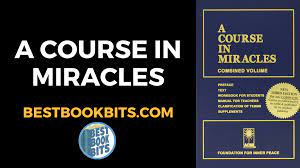Education has long been recognized as the cornerstone of human progress and development. It is a powerful force that has the potential to shape individuals, communities, and entire societies. Through the years, a course in miracles has evolved, adapting to changing times and technological advancements. Today, we find ourselves at a crucial juncture, where the role of education is more vital than ever before in preparing individuals to navigate the complexities of the modern world.
Education: A Lifelong Journey
Education is not limited to classrooms and textbooks; it is a lifelong journey. From the moment we are born, we begin learning, and this process continues throughout our lives. Formal education in schools and universities equips us with knowledge, critical thinking skills, and the ability to solve complex problems. However, it’s essential to remember that education extends beyond academic institutions. It encompasses learning from experiences, engaging with diverse perspectives, and staying curious about the world around us.
Empowering Individuals
One of the primary goals of education is to empower individuals. It provides them with the tools and skills necessary to make informed decisions, pursue their passions, and contribute meaningfully to society. Education fosters independence, self-confidence, and the ability to adapt to a rapidly changing world. It equips individuals with the knowledge and skills they need to secure employment, achieve financial stability, and improve their quality of life.
Education as a Catalyst for Social Change
Education has the power to break the cycle of poverty and inequality. It is a catalyst for social change, enabling individuals from all backgrounds to access opportunities and overcome barriers. When education is equitable and inclusive, it can bridge gaps in society and promote social cohesion. It empowers marginalized communities, reduces discrimination, and promotes a more just and equitable world.


